A Call for Evidence Over Fear-Driven Drone Ban
In a recent article penned by Republican Senator Rick Scott of Florida, a fervent appeal was made to the American public regarding the perceived threats posed by Chinese-made drones to national security. Senator Scott heralds the passage of his American Security Drone Act as a pivotal victory against what he describes as the technological espionage and aggression of Communist China. However, a critical analysis reveals a narrative deeply entrenched in fear-mongering, with scant evidence to substantiate claims of widespread threats to American security.
READ MORE: FBI AND CISA WARN CHINESE DRONES ARE THREAT AND COMPROMISE U.S. SECURITY
The Foundation of Fear
Senator Scott constructs his argument on the premise that every Chinese-made drone is a potential tool for espionage, likening them to the much-publicized Chinese spy balloon incident. He asserts that these drones, omnipresent in American skies, are capable of gathering data or carrying harmful payloads, thereby threatening military installations, critical infrastructure, and the American way of life. Furthermore, Scott posits that the overarching aim of Chinese technology, including drones, is to undermine and eventually dominate the United States, fulfilling President Xi Jinping’s alleged ambition to supplant America as the global economic leader.
READ MORE: WE WOULDN’T BE ABLE TO AFFORD AMERICAN-MADE DRONES. THERE’S NO WAY.

The Lack of Concrete Evidence
Despite the alarmist tone, Senator Scott’s article falls short of providing concrete evidence to support the sweeping allegations made against Chinese drones. While concerns about Data Security and technological dependence are valid, the leap to portraying every Chinese-made drone as a Trojan horse for espionage and aggression is a significant one that requires more than anecdotal references to government subsidies or the spy balloon incident. The absence of detailed, credible intelligence reports or specific instances where drones have been used malevolently against American interests leaves a gaping hole in the argument.
READ MORE: BLUE SUAS PROBLEMS AND FLORIDA DMS SECRETARY ACCUSED OF PIMPING FOR SKYDIO
The Broader Implications
The push for the American Security Drone Act, while framed as a measure of protection, raises questions about the broader implications for international trade, technological innovation, and diplomatic relations. The blanket ban on Chinese-made drones, without nuanced consideration of their varied uses and the potential for secure operation, could inadvertently stifle innovation and competition. Moreover, this stance risks escalating tensions with China, potentially affecting other areas of cooperation and conflict in the international arena.
READ MORE: BLUE SUAS PURCHASED BY PENTAGON ‘8 TO 14 TIMES’ MORE EXPENSIVE THAN DJI DRONES
A Call for Rational Discourse
While national security is of paramount importance, the discourse surrounding the threats posed by foreign technology must be grounded in evidence and rational analysis. Senator Rick Scott’s article, though driven by a commendable desire to protect American interests, veers into the realm of fear-mongering without offering the solid proof needed to justify such sweeping measures against Chinese-made drones. As we navigate the complexities of technological advancement and international relations, a balanced, evidence-based approach is crucial. Only through such a lens can we ensure the security of our nation while fostering an environment of innovation, competition, and diplomatic engagement.
READ MORE: THE BATTLE OVER DRONE LEGISLATION: A CALL TO ACTION FOR AMERICAN DRONE USERS
DroneXL’s Take
While Senator Rick Scott’s intentions to protect U.S. families and national security are clear, his approach of outright banning Chinese-made drones, including those from DJI, overlooks the potential negative consequences on public safety and first responder operations. DJI drones, which dominate the commercial drone market, are not only used for recreational purposes but also play a crucial role in critical public safety operations.
DJI drones assist in Search and Rescue missions, firefighting efforts, natural disaster assessment, and provide aerial support to law enforcement agencies. By banning these tools, we risk diminishing the effectiveness of first responders in saving lives and protecting communities.
The alternative approach should involve establishing rigorous data security standards and operational protocols that allow the continued use of such technology in a manner that mitigates potential security risks. This approach would ensure that the benefits of drone technology in public safety and emergency response are not lost, while still addressing concerns over data privacy and national security.
Senator Scott’s focus should, therefore, shift towards creating a framework that allows the safe use of drones, rather than eliminating their use entirely based on their country of origin.
Furthermore, the push to replace Chinese-made drones with U.S.-manufactured alternatives faces significant challenges, not least of which is the current gap in capabilities, availability, user-friendliness, and cost.
DJI drones are renowned for their advanced technology, ease of use, and affordability, making them accessible to a wide range of users, from hobbyists to professional emergency responders.
In contrast, U.S.-made drones often lag in these areas; they may not offer the same level of technological sophistication or ease of operation and are typically significantly more expensive due to higher production costs and profit margins.
This disparity makes it challenging for many potential users, particularly small businesses and local emergency services, to adopt them. The lack of availability and the higher cost barrier associated with U.S.-manufactured drones could significantly hinder the widespread adoption necessary for effective emergency response and commercial applications.
This scenario underscores the need for a balanced approach that leverages the benefits of global technology while ensuring national security, rather than relying on a strategy that might inadvertently compromise public safety and economic efficiency.
Here’s the Full Text of Rick Scott’s Open Letter
My Chinese drone ban is a big win for US national security but CCP tech still poses major threats. After leading the fight for years to ban the federal government from buying Chinese-made drones, my American Security Drone Act finally passed and was recently signed into law.
This is a huge win in our fight against Communist China because this bipartisan bill, which was co-led by Sen. Mark Warner, D-Va., and led by Reps. Mike Gallagher, R-Wis., and Joe Courtney, D-Conn., in the House, stops a major method of exploitation used by Communist China and other evil regimes that want to hurt Americans and spy on our military, families and businesses.
Communist China’s commitment to spying on America was on full display last year as we watched its spy balloon soar across the United States. While that balloon made a lot of headlines as worried Americans felt the tensions of a possible threat to the homeland for the first time in several decades, my drone bill met resistance in Congress. Thank goodness it passed.
You have to think of every drone made in Communist China just like that balloon. Each one has the ability to gather data or carry harmful payloads across America’s military installations, and target our critical infrastructure, natural resources, businesses and families.
We all need to accept that Communist China wants to destroy the American way of life. Everything that comes from Communist China is a threat to our freedoms and security. This is especially true for technology.
Chinese technology is used to elevate the standing of the Chinese Communist Party (CCP) through manipulation and data theft with the ultimate goal of obtaining leverage over U.S. infrastructure and critical resources to weaken and dominate us and replace America as the world’s largest economy. That is Xi’s dream, and he will do whatever it takes to make it a reality.
For years, Xi was making progress toward accomplishing this goal thanks to the prolific reliance on his fleet of Communist Chinese drones that the U.S. has widely adopted from our local law enforcement agencies to the Department of the Interior and backyard hobbyists.
The new law changes this and sets us on a course to undo the damage done by Communist China gobbling up over 80% of a critically important, global industry.
China’s flagship drone company, DJI, has received a lot of attention and documented CCP government subsidies, which makes sense given that DJI commands more than 70% of the world’s commercial drone market. But, they are just one of many companies the Communist regime relies on to maintain control of the global drone market.
Other Chinese drone makers like Autel, High Great and EHang (to name a few) are critical for Communist China to achieve the CCP’s military-civil fusion strategy where the government increasingly and intentionally blurs the lines between commercial and military use for technology and resources in an integrated industrial strategy.
This is why my bill was necessary. Drones are part of our everyday lives. They provide critical public safety information; monitor traffic patterns and the weather; fight wildfires; assist emergency responders; inspect bridges and ports; survey land and resources; and much more.
It is important the federal government set the standard on what drones are safe and free of security risks for our communities and not prop up Chinese companies by ceasing to buy Beijing’s drones.
Playing company whack-a-mole with tens of thousands of companies that are a part of the Chinese Drone Industry is completely unfeasible for the U.S. Government. Stopping our procurement of these drones across the board is much more efficient and we took a huge step toward that when the American Security Drone Act became law.
We also prohibited the federal government from operating these drones and stopped the use of federal grants to buy them to make sure we are doing as much as possible to eliminate this threat.
I am proud to have led the fight against Chinese drones and while this is an important victory, there is much more work to do. The threats of tech from Communist China, like TikTok and advanced Artificial Intelligence, are only growing and we know that special interests backing Chinese-made drones and other technologies will continue to throw up roadblocks to banning these unsafe devices at the local, state and federal level.
We must use this momentum to continue removing CCP-backed products, from infiltrating American life, spying on our critical infrastructure and stealing our data and helping Communist China weaken U.S. freedom and security at home and abroad.
I will continue fighting to eliminate the threats we face from Communist China with port cranes, networked cameras, batteries and energy storage systems, satellite communications technologies, LiDAR, quantum information technologies, microelectronics, AI, biotech and much more.
It is critical that we enhance U.S. economic independence and security and end the tyranny of an industry monopoly by the CCP. I won’t stop until our country is completely safe from all threats posed by the importation of Chinese and adversary-backed technologies.
Rick Scott (as published by Fox News)
Photo courtesy of Fox News.

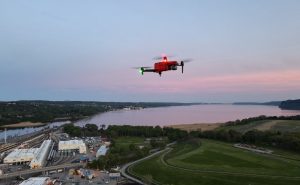
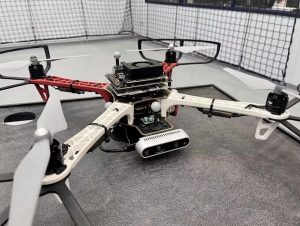

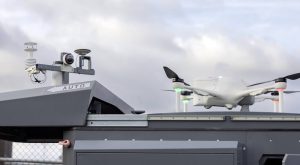






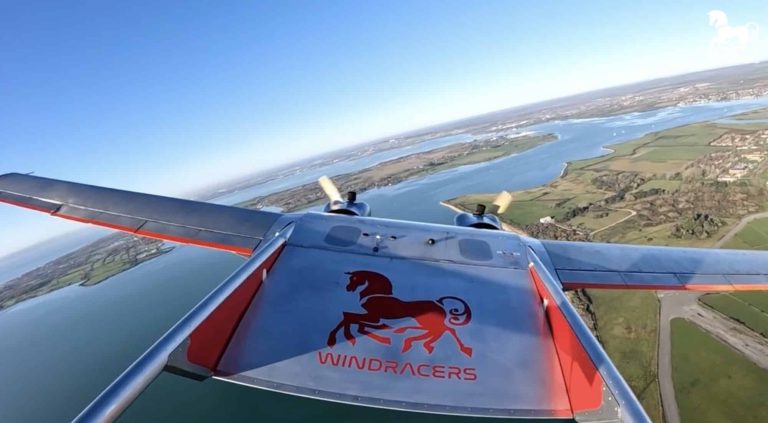

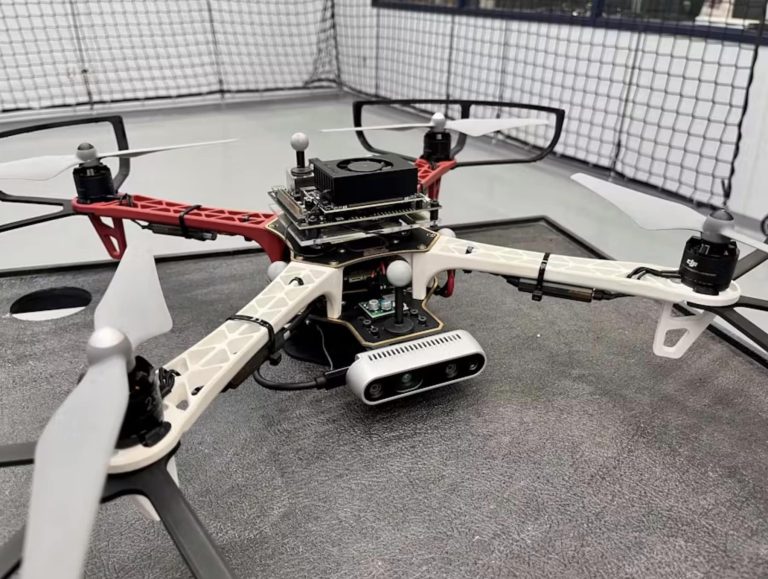



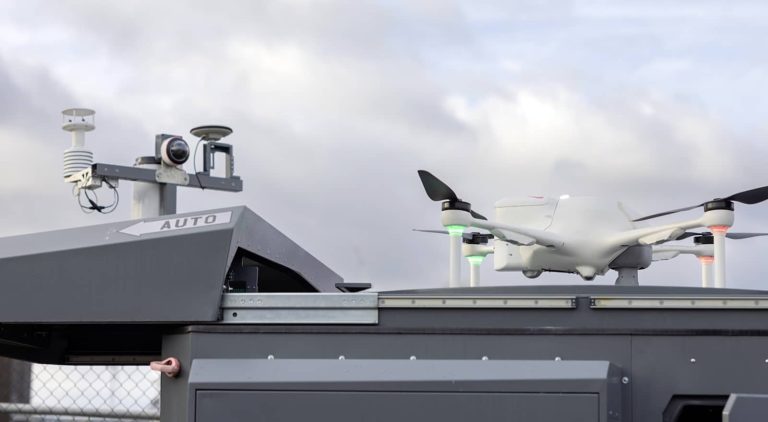


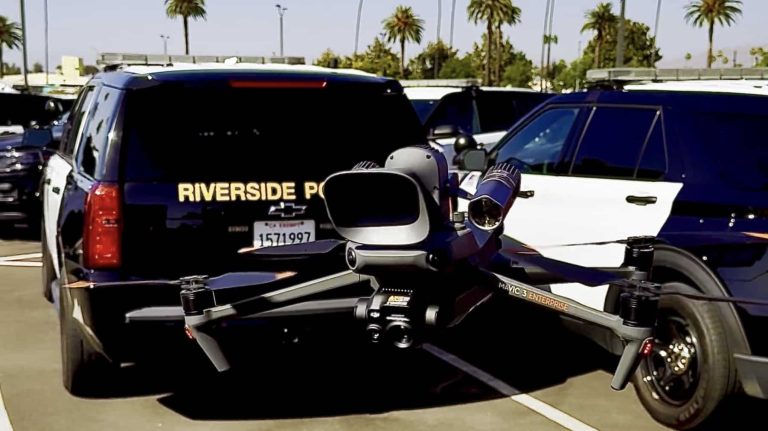
+ There are no comments
Add yours